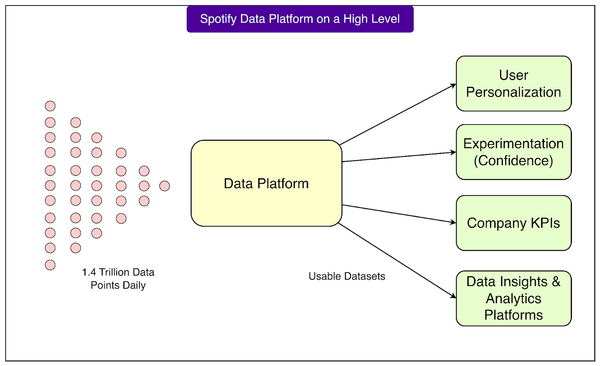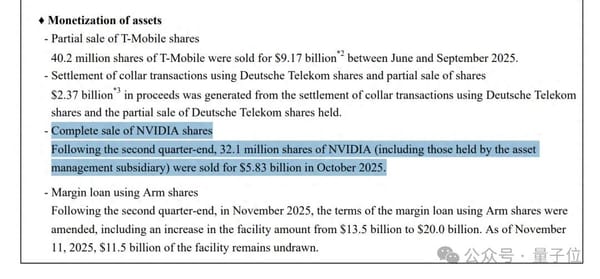Best Time to Post Story on Instagram for Higher Engagement
Learn how to find the best time to post Instagram Stories, use audience insights, and optimize timing to boost reach, engagement, and visibility.
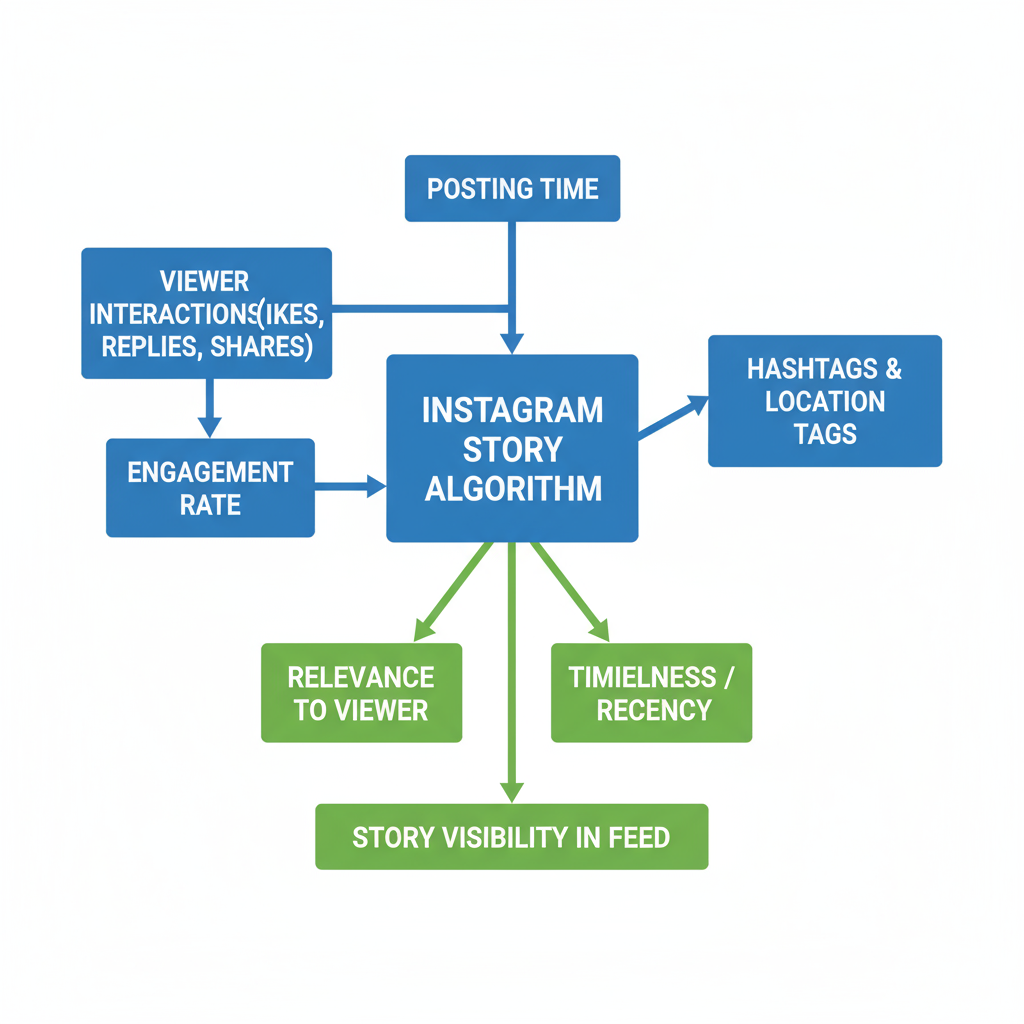
Best Time to Post Story on Instagram for Higher Engagement
Instagram Stories are a dynamic way to connect with your audience and boost visibility. With over 500 million daily active users scrolling through Stories, timing becomes a crucial factor in amplifying reach. Understanding the best time to post story on Instagram helps ensure your content appears when followers are most active, increasing engagement rates, responses, and brand awareness.
This guide covers how timing works with Instagram’s algorithm, how to interpret your audience data, and proven posting schedules you can customize for maximum impact.

---
Why Timing Matters for Instagram Stories Visibility
Instagram Stories automatically disappear after 24 hours, so every hour of visibility counts. Unlike feed posts, Stories are positioned at the top of the Instagram app, but placement is influenced by both recency and engagement.
When you post at the right time:
- Your Stories appear earlier in the ribbon for more users.
- Early engagement boosts algorithmic ranking.
- Stories could be kept front-and-center for a longer period.
Lining up your posting time with user activity gives your content a better chance to stand out in the crowded Stories carousel.
---
How Instagram’s Story Algorithm Works
The Instagram algorithm prioritizes recency and interaction history for Stories placement.
- Recency – Recently posted Stories have priority visibility.
- Engagement – A higher frequency of taps, replies, polls, or reactions signals to Instagram that viewers are interested, promoting further reach.
Regular interaction builds a feedback loop in which your Stories appear prominently for engaged audiences.
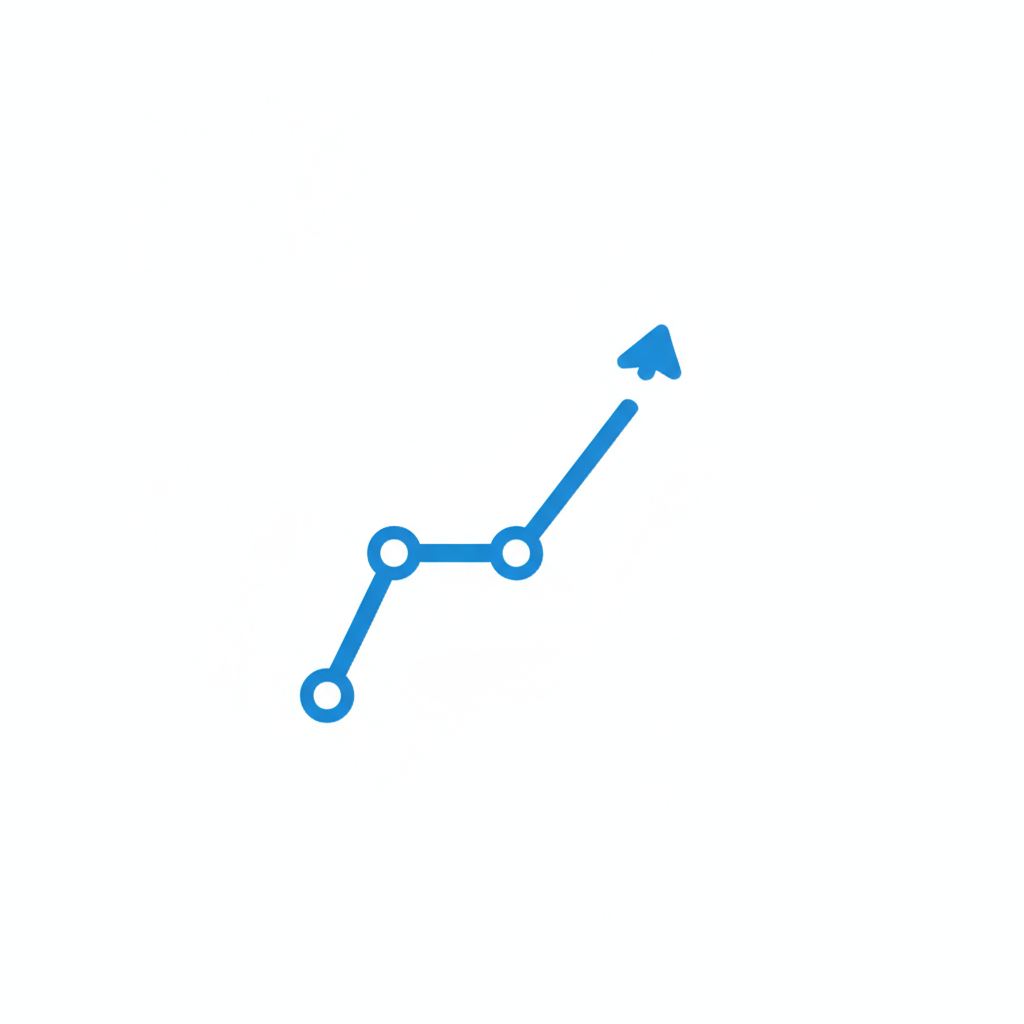
---
Identify Your Target Audience’s Time Zones and Habits
For accounts with international followers, optimizing for multiple time zones is essential. For example:
- A New York brand with audiences in London and Sydney should consider overlapping activity windows.
- A creator with mostly local followers can focus on their specific timezone.
Key questions to ask:
- Where is my core audience?
- What times match their morning, lunch break, and evening downtime?
Instagram Insights and analytics platforms can help pinpoint these details.
---
Analyzing Instagram Insights for Active Hours
If you have a business or creator account, Instagram Insights offers critical scheduling clues:
- Hour-by-hour follower activity
- Day-by-day peak times
- Location and demographic breakdowns
How to check:
- Go to your Profile → Menu → Insights.
- Tap Audience.
- Review “Followers Active” by hour and day.
Study patterns for a few weeks to validate trends before setting your final schedule.
---
Best Posting Times by Day of the Week (Global Reference)
While audience-specific numbers work best, here are researched averages you can adapt:
| Day | Best Time (Local Time) |
|---|---|
| Monday | 11 AM – 1 PM, 8 PM – 10 PM |
| Tuesday | 10 AM – 12 PM, 7 PM – 9 PM |
| Wednesday | 11 AM – 1 PM, 8 PM – 10 PM |
| Thursday | 11 AM – 12 PM, 6 PM – 9 PM |
| Friday | 10 AM – 11 AM, 7 PM – 9 PM |
| Saturday | 9 AM – 11 AM, 6 PM – 8 PM |
| Sunday | 9 AM – 11 AM, 7 PM – 9 PM |
Adjust according to audience Insights for more precision.
---
Personal vs. Business Accounts in Story Engagement
- Business Accounts – Gain access to rich Insights, the ability to run ads, and potentially more reach for high-engagement Stories.
- Personal Accounts – Have limited analytics but may benefit from more organic interactions if followed by close friends or family.
Tip: Creator Accounts merge analytics benefits with a personal style to optimize for engagement.
---
Matching Content Types to Ideal Posting Times
Different content formats may thrive at different times:
| Content Type | Suggested Time |
|---|---|
| Polls & Quizzes | Mid-morning to early afternoon for higher interaction |
| Q&A Sessions | Evenings when followers have time to respond |
| Product Launches | Morning of launch to generate buzz all day |
| Behind-the-scenes | Throughout the day leading up to key moments |
Aligning content type with follower availability increases the chance of interaction.
---
Leveraging Scheduling Tools for Consistency
Tools like Later, Buffer, and Hootsuite assist with:
- Planning Stories for multi-timezone audiences
- Keeping a consistent posting rhythm
- Reducing manual posting effort
While Instagram requires a manual step for final publishing on some tools, scheduling preps your content and ensures timely posting alerts.
---
Testing and Refining Your Story Timing
An effective Instagram strategy involves ongoing testing:
- View counts
- Completion rates
- Sticker taps and link clicks
- Replies and reactions
Experiment by posting similar content at different times across several weeks to spot patterns and refine timing.
---
Advanced Strategy: Layering Stories Throughout Peak Hours
Rather than posting all Stories at once, stagger them to maintain visibility:
- Post first Story at the start of the peak window (e.g., 11 AM)
- Add a second around midday (1 PM)
- Follow with an evening update (8 PM)
This approach keeps you in the top Story positions longer and sustains engagement.
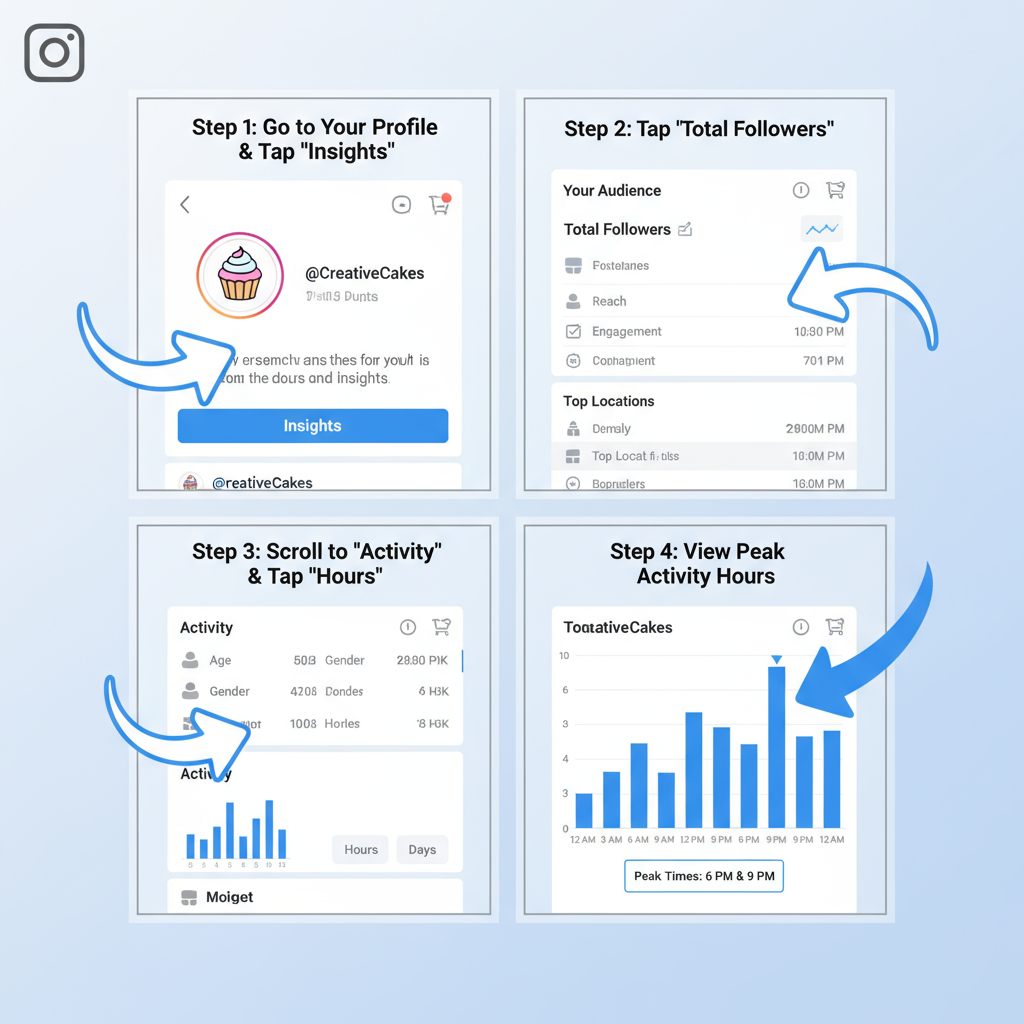
---
Common Timing Mistakes to Avoid
- Posting late at night unless targeting night-active audiences
- Ignoring key time zones for international followers
- Dumping too many Stories in one burst
- Skipping weekends, which can have high engagement opportunities
---
Summary and Next Steps
Mastering the best time to post story on Instagram combines data insights, audience behavior analysis, and strategic testing. Use Instagram Insights to find peak activity periods, experiment with content timing, and leverage tools for consistent posting.
When timing works hand-in-hand with high-quality, engaging content, the results compound over time—stronger connections, more visibility, and improved brand growth.
Ready to elevate your Instagram Stories strategy? Start by identifying your audience’s top activity hours this week and schedule your next Story batch accordingly.



